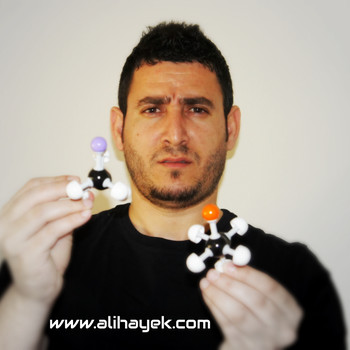The activation energy of a certain reaction is 35.3 kJ/mol. At 20 degrees C, the rate constant is #0.0130 s^-1#. At what temperature would this reaction go twice as fast? please help?
1 Answer
Explanation:
To solve this question, we can modify the Arrhenius equation which provides a relationship between the equilibrium constant
To find the new temperature
If the rate is doubled, the equilibrium constant will also double and therefore,
Therefore,
Solving for
Here is a video that explains the theory behind this topic:
Chemical Kinetics | A Model for Chemical Kinetics & Catalysis.

